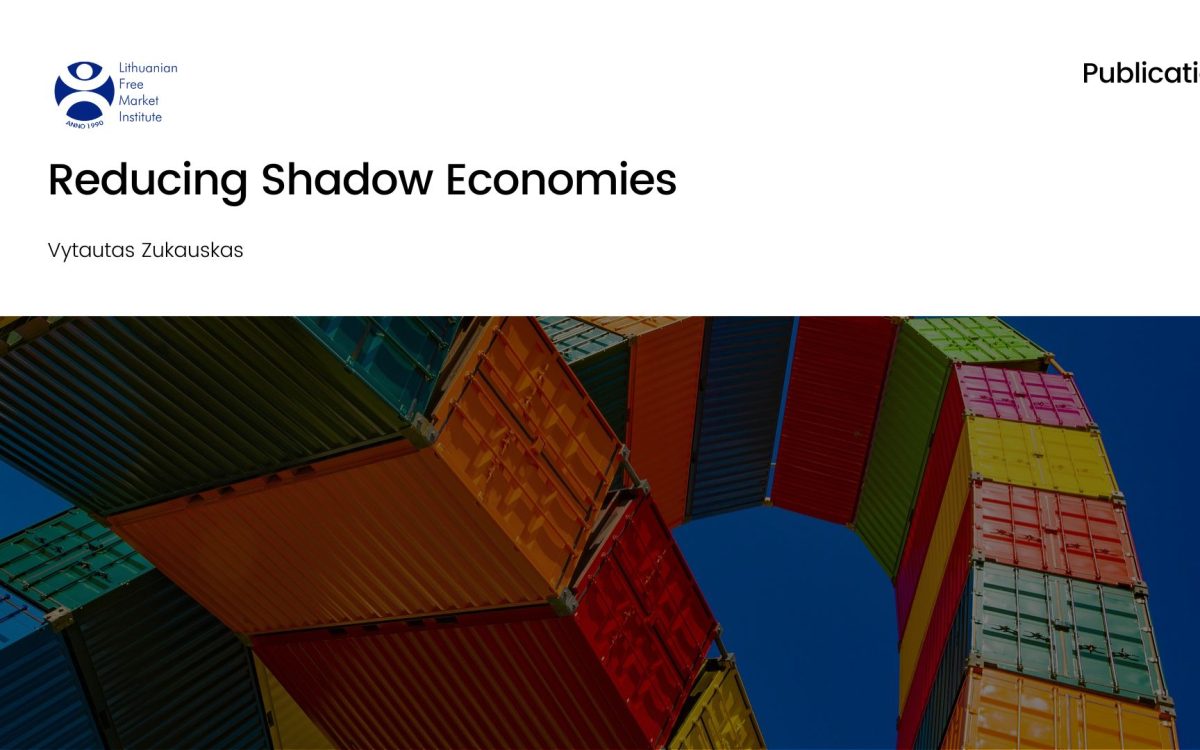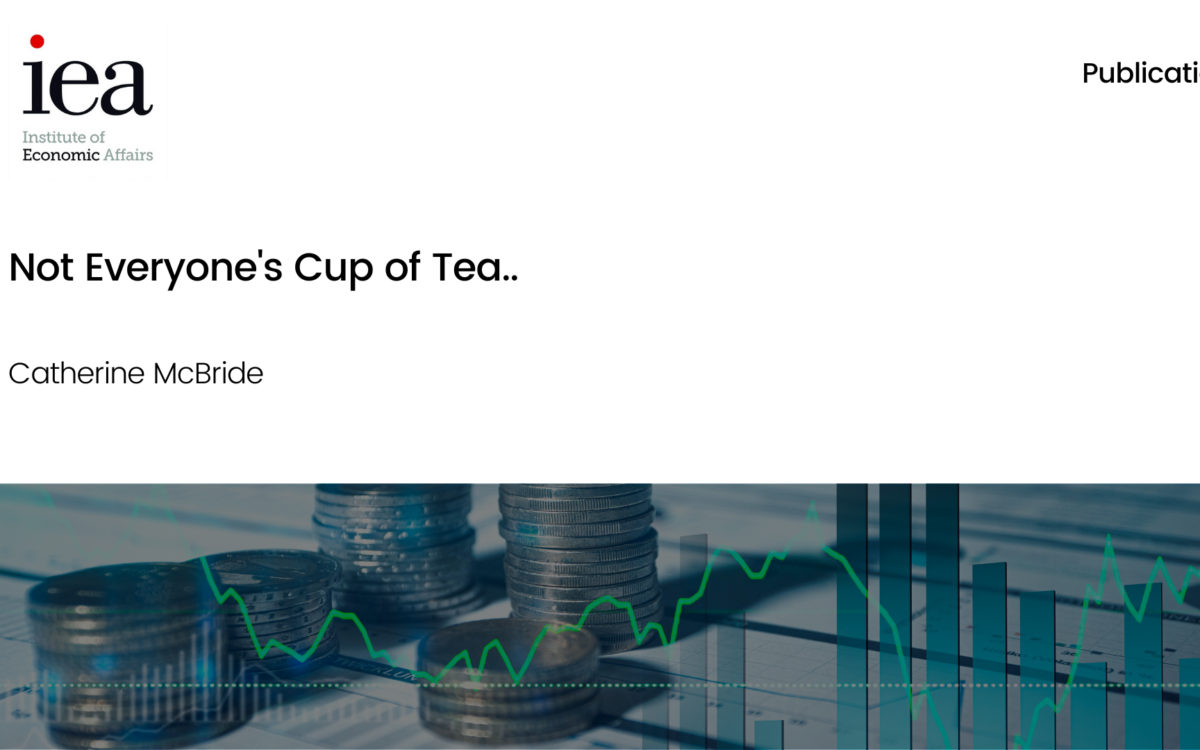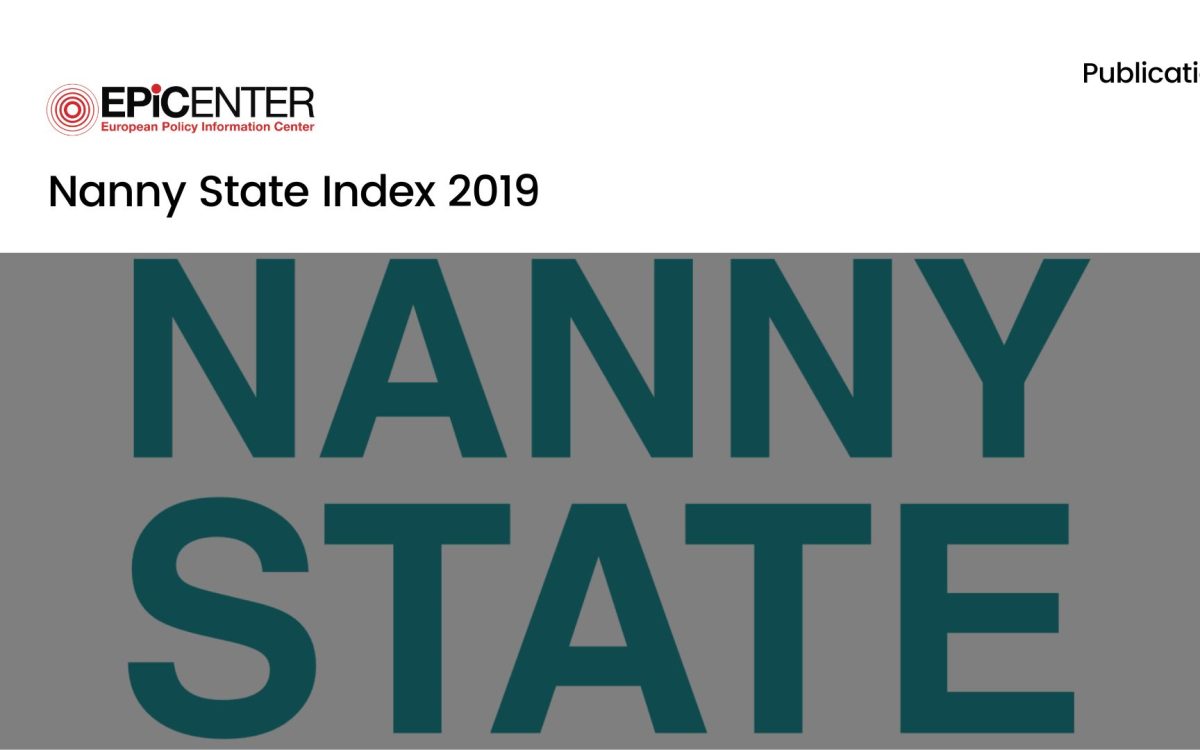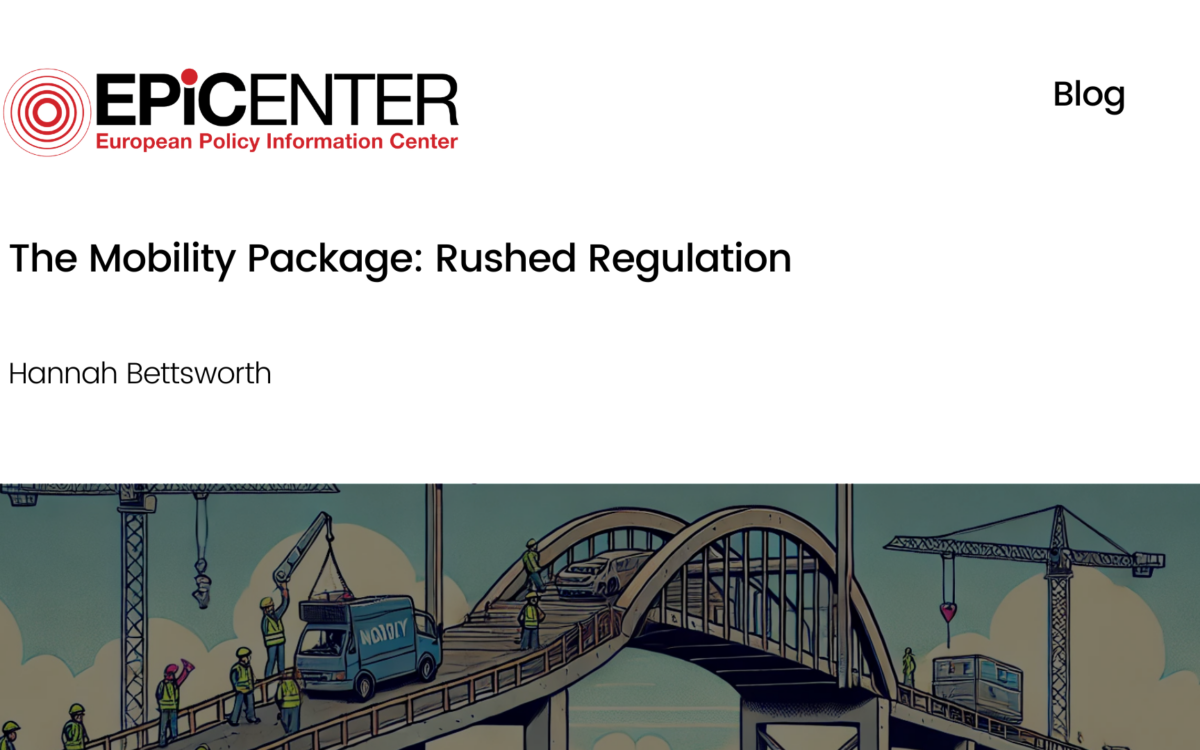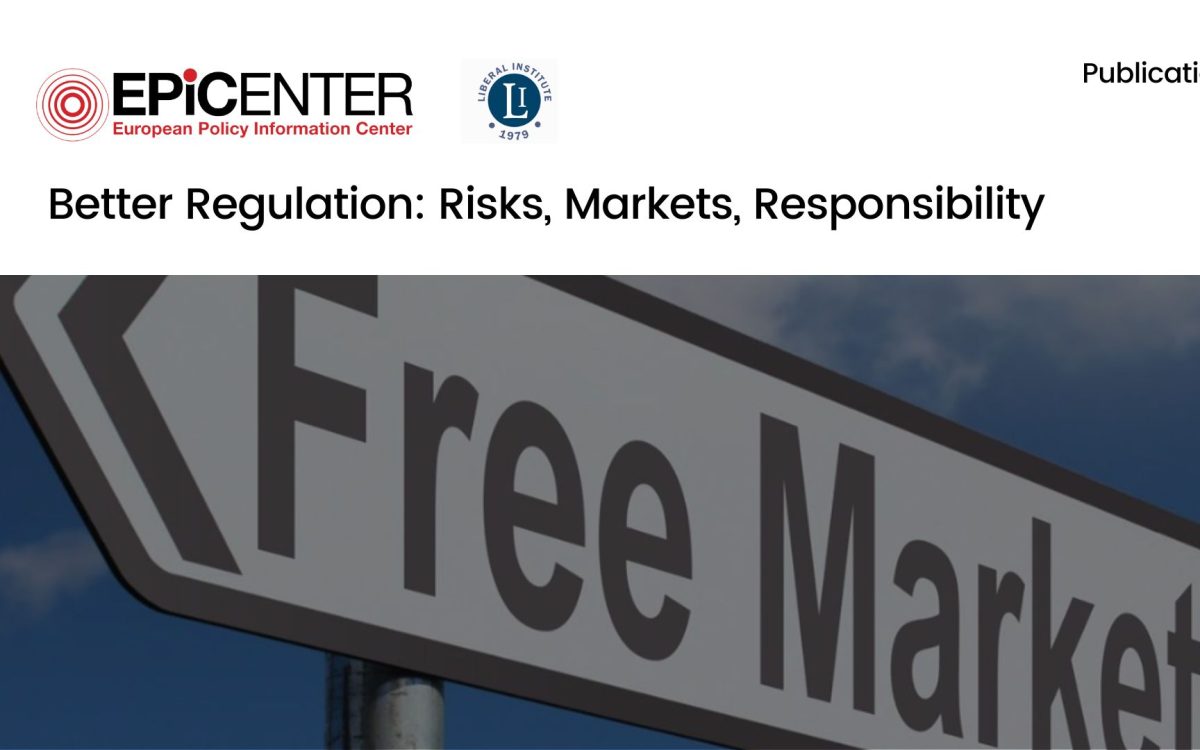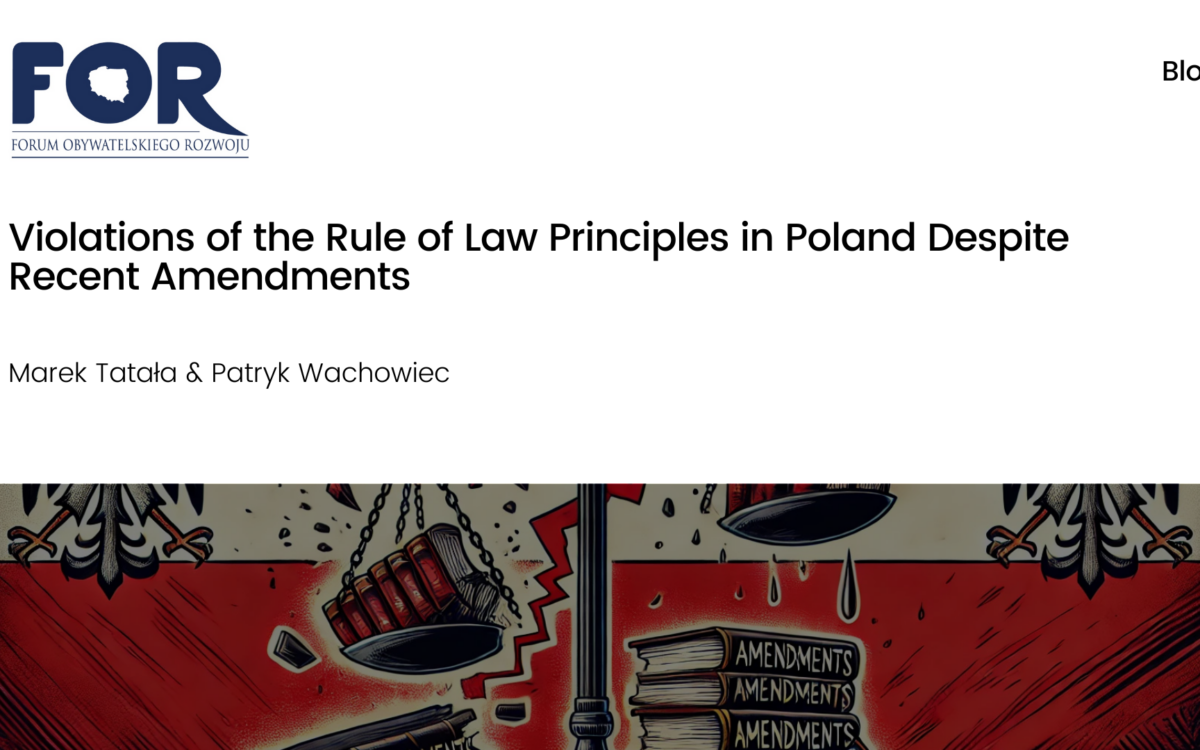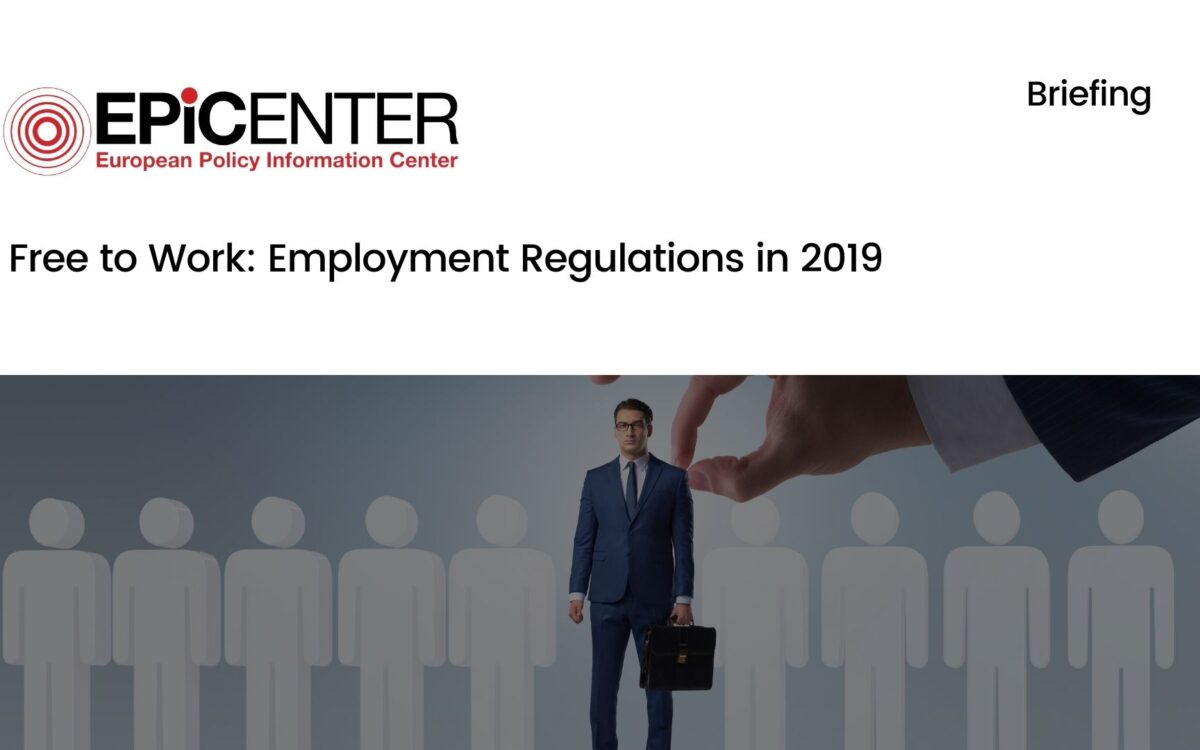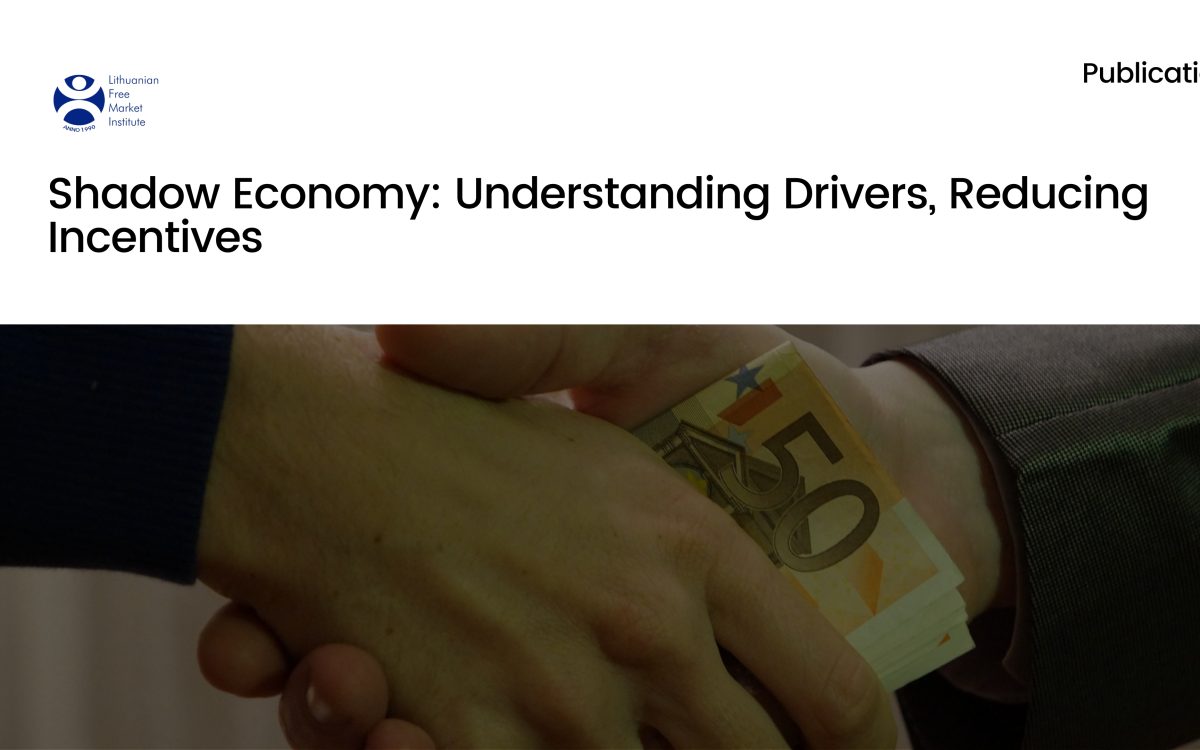September 5, 2019
Across Europe, shadow markets constitute a significant portion of the economy. According to some estimates an average of 16 percent of GDP in EU member states is generated by the shadow economy. In Eastern and Southern Europe, the share of GDP produced by the shadow economy is even higher. On the one hand, governments admit that activities carried out within shadow markets create added value – they are included in official estimates of GDP among EU member states. On the other hand, governments have attempted to combat the shadow economy by introducing all kinds of policy measures aimed at reducing its operations as far as possible.
